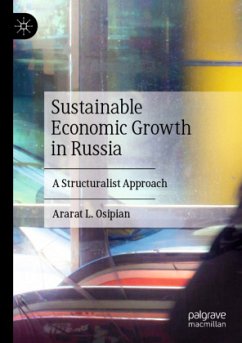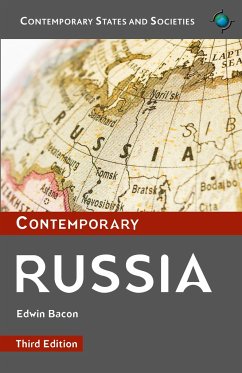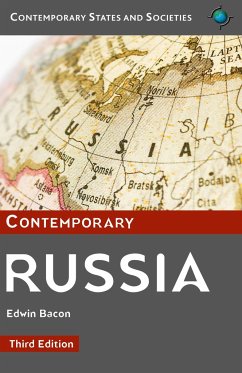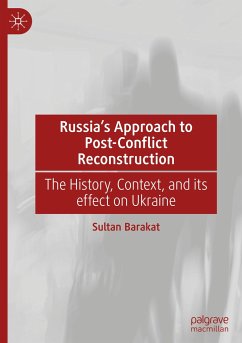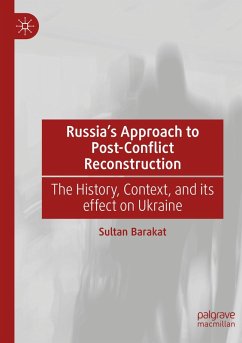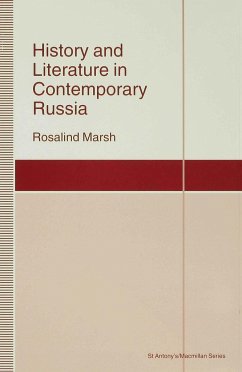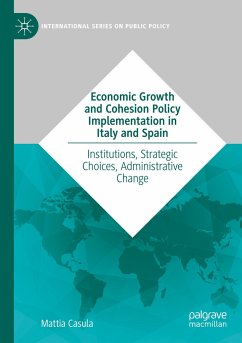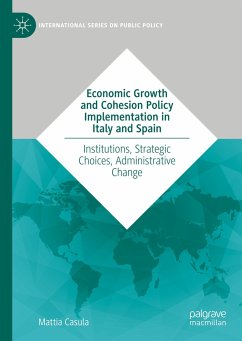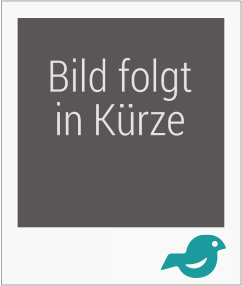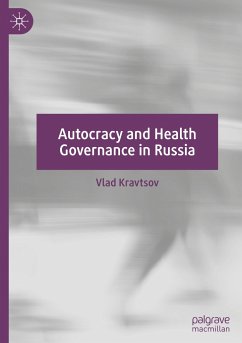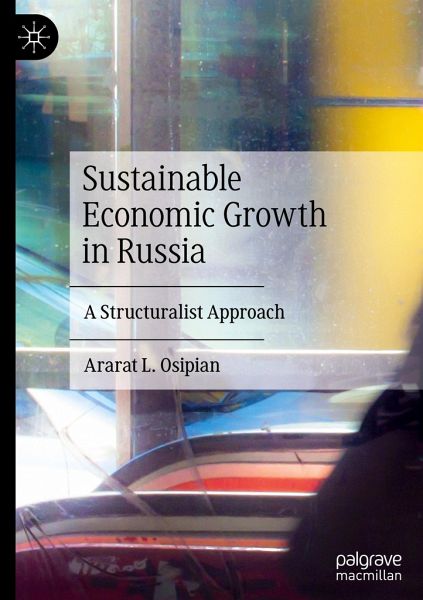
Sustainable Economic Growth in Russia
A Structuralist Approach
Versandkostenfrei!
Versandfertig in 6-10 Tagen
98,99 €
inkl. MwSt.
Weitere Ausgaben:

PAYBACK Punkte
49 °P sammeln!
This book presents a theoretical and empirical investigation of sustainable economic growth in Russia. The ill-planned transition in the 1990s from planned economy to market economy resulted in a sharp decline in national production; however, Russian economic growth was evident in the 2000s and 2010s. Osipian here analyses whether Russia has potential to achieve sustainable economic growth, filling a gap between the continuous presence of volatile economic growth in Russia and the lack of scholarly literature in the field. This book considers Russia's economic transition within the set of earl...
This book presents a theoretical and empirical investigation of sustainable economic growth in Russia. The ill-planned transition in the 1990s from planned economy to market economy resulted in a sharp decline in national production; however, Russian economic growth was evident in the 2000s and 2010s. Osipian here analyses whether Russia has potential to achieve sustainable economic growth, filling a gap between the continuous presence of volatile economic growth in Russia and the lack of scholarly literature in the field. This book considers Russia's economic transition within the set of early, modern, classical, exogenous, and endogenous theories of economic growth. At the same time, this book considers the phenomenon of sustainable economic growth in the context of the post-Soviet transition. Such a contextualization allows for finding and highlighting certain features and processes within economic transition that were earlier neglected by the scholars, including primarilythe possibility of not only recovering after economic and financial crises, but also initiating sustainable economic growth. It identifies the place and role of human capital in economic growth within the market-type post-transitional Russian economy and concludes that human capital accumulation is key for sustainable economic growth.





